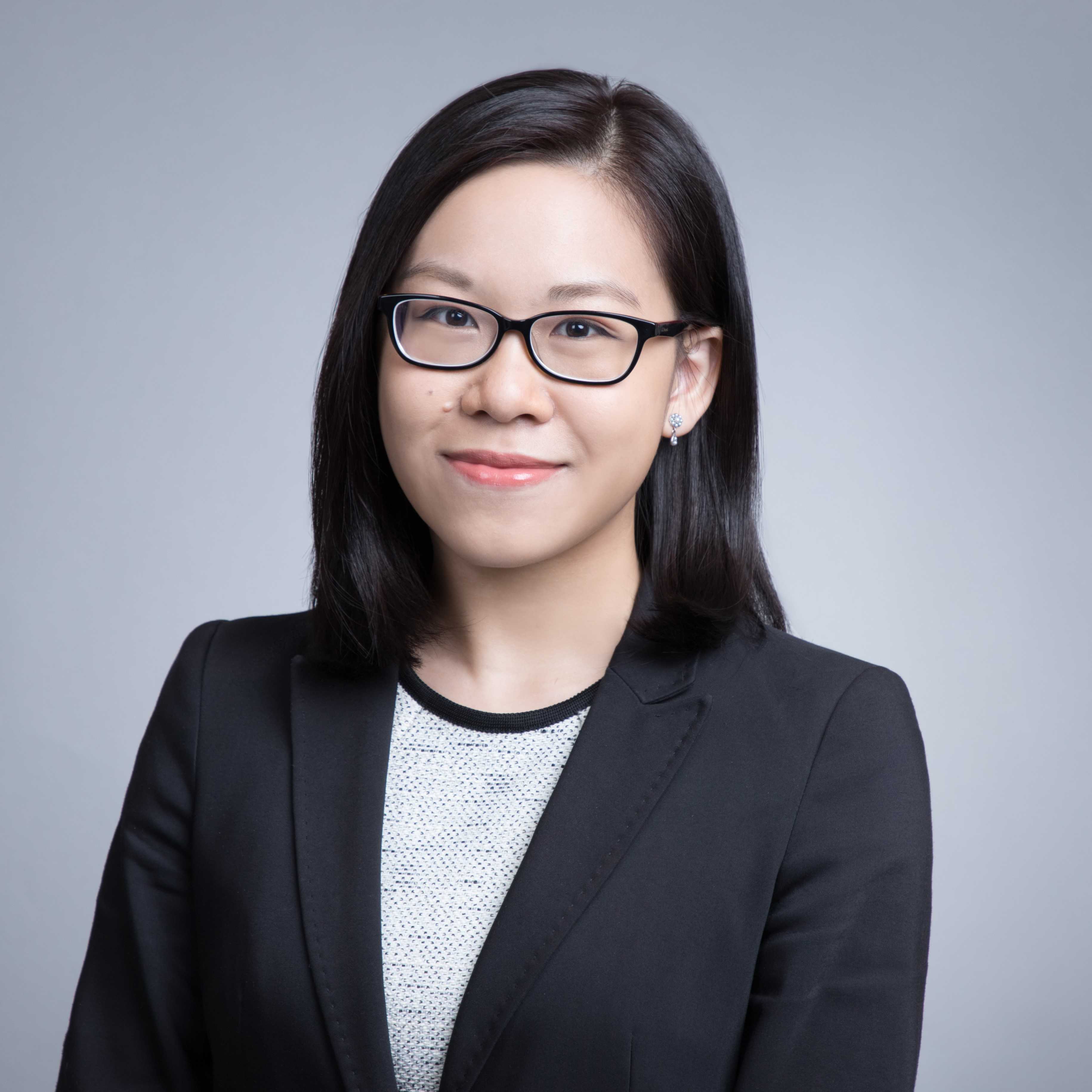Family Law – Court of Appeal decision concerning a “Hague Application” in the matter of BMC v BGC formerly known as WCY [2020] HKCA 317
Court of Appeal also discussed the approach in dealing with conflicting evidence where there no oral evidence or cross-examination was given.
Bmc v. Bgc Formerly Known As Wcy
Reference: [2020] HKCA 317
Court: Court of Appeal
Before: Hon Kwan VP, Cheung JA and Yuen JA
Date of Judgment: 11 May 2020
Appearance: Jeremy Chan (for the successful Respondent / Mother)
This is a rare appeal of a “Hague application” for a child’s return which was heard by video-conferencing (VCF) facilities due to the generally adjourned period. In coming to its decision, the Court of Appeal also discussed the approach in dealing with conflicting evidence where there no oral evidence or cross-examination was given.
Essential Facts
In Hon B Chu J’s judgment dated 17 January 2020, the Court dismissed the father’s “Hague application” for the return of his daughter “B” from Hong Kong to the USA on the basis that immediately prior to the alleged date of the wrong retention of B in Hong Kong, her habitual residence has all along remained in Hong Kong. As a result of this finding, the Court held that there was no wrongful retention within the meaning of the Hague Convention. Even if there was, the Court found that the father gave written consent in the form of a note for the mother and B to return or relocate to Hong Kong as the mother wished.
This is the Father’s appeal of which all the grounds relied upon seek to challenge various factual findings in the said Judgment.
Key aspects of the Decision
- On “habitual residence”[1]
Following JEK v LCYP [2015] 4 HKLRD 798 and ME v CYM [2017] 4 HKLRD 739, the main consideration for determining the question of habitual residence remains the social and family environment of the child. Where the child in question is an infant, the Court ought also to assess the parents’ integration in his/her social and family environment, and the weight or importance to be attached to the degree of integration in the social and family environment of any one parent would depend on the particular circumstances of the case, e.g. who was the main caregiver of the child.
- Conflicting evidence [2]
The CA also revisited the approach to deal with irreconcilable issues raised in affidavits where no oral evidence is available. Following Re F (A Minor) (Child Abduction) [1992] 1 FLR 548, the first step is to see whether the factual issue is germane to the decision; where the evidence is crucial, the Court may reject one side’s evidence if there is independent and compelling extraneous evidence in support of the other, or if the evidence is itself inherently improbable and unreliable.
- VCF element
In view of the COVID situation and the urgent nature of this application, the Court also allowed the hearing to be done via video conferencing facilities.[3] In particular, the Father, being unable to procure the equipment or to visit an external video conferencing site with the requisite technical specifications, was permitted to view a live broadcast of the remote hearing between him and his solicitors upon an undertaking that he or his solicitors will not make any recording of the same.
[1] §§71-77 of BMC Judgment.
[2] §§78-81 of BMC Judgment.
[3] §6 of BMC Judgment.
This case commentary was written by Counsel Valerie Tang.

Valerie Tang
Valerie was called to the Bar in 2019 after completion of her pupillage with Mr. Hectar Pun SC, Mr. David Boyton, Mr. Robin Egerton, Mr. Robin D’Souza, and Mr. Earl Deng. She obtained her law degree from the Chinese University of Hong Kong and read International Relations at the London School of Economics and Political Science prior to her legal studies. Before being called to the Bar, she was a Legislative Council assistant from 2015 to 2018.
Since joining Chambers Valerie has established a predominantly civil practice and has experience in Matrimonial, Commercial, Land, Probate and Criminal matters. Valerie has a keen interest in Family and Matrimonial Law having dealt with several matters acting as sole advocate and also being led.